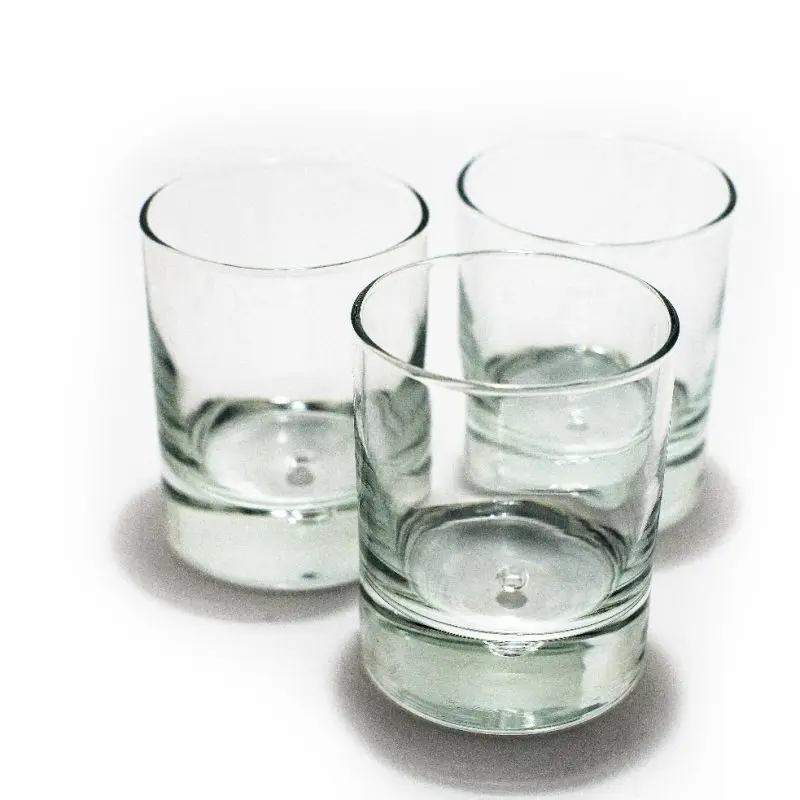Contents
Phobia in psychiatry is one of the subtypes of anxiety disorder, which manifests itself only in a certain situation. The reaction to an irritant in a person can be different – from a feeling of mild discomfort to a panic attack. Anxiety states, as a rule, arise against the background of mental and emotional trauma associated with an object that causes fear. Many phobias are known, where alcohol becomes the cause of pathological experiences.
Types of alcohol phobias
The fear of drunk people is one of the types of anthropophobia. Pathology is formed in early childhood, in most cases in families with drinking parents. An alcohol-addicted mother causes irreparable harm to the psyche of the child, who perceives her as a protection and a role model. The inadequate state of the most important person in life causes a sense of catastrophe in the child’s perception of the world, and fear can become permanent.
Alcoholic fathers often show aggression towards family members, which leaves an imprint on the psyche of children. Physical abuse exacerbates the situation, as the child learns that drunk people should be avoided.
The consequence of childhood psychological trauma is a pathological fear when meeting with any drunk person. It is impossible to control such a state, despite a completely understandable reason.
Typical symptoms of a phobia:
- dizziness;
- discomfort in the abdominal cavity;
- tachycardia and a feeling of lack of air;
- shivering and sweating;
- desire to run away and hide.
Alcohol phobia, associated with the fear of drunk people, causes serious discomfort. At a certain stage of the disorder, a person is deprived of the opportunity to lead a full-fledged social life, becomes withdrawn and uncommunicative, which is fraught with the development of depression and neurotic conditions.
Methylphobia
Fear of alcohol is called methylphobia, such a disorder can form at any age. Pathology is caused by experiences associated with alcohol. The cause may be severe alcohol poisoning, which turned out to be life-threatening, as well as diseases associated with the use of alcohol – a heart attack, anaphylactic shock, and surgical interventions.
A person who has experienced stress experiences inadequate fear at the mere sight and smell of alcohol. Methylphobes do not go to restaurants, stop attending holidays with feasts, carefully check food and medicines for the presence of ethanol.
Oinophobia (fear of wine)
The disorder is often associated with a person’s pathological squeamishness and his fear of catching an infection. Such people have a poor understanding of the process of modern wine production, so in their minds the drink is associated with diseases of the grapes, dirty vats and workers who crush the berries with their feet. The phobia is extremely rare and usually goes away in a mild form.
Kenosillicaphobia (fear of an empty glass)
For the first time, people started talking about phobia in 2008 on English-language forums, and then the term went viral on the Web. Symptoms of pathology are manifested as mild discomfort at the sight of an empty glass, and panic attacks. Experts consider such a fear to be greatly exaggerated, and enterprising producers have already managed to release a brand of ale called Cenosillicaphobia.
Nobrewphobia also belongs to the category of semi-mythical (Novberphobia) – the fear of a lack of alcoholic beverages, which forces people to constantly replenish their stocks.

The danger of any phobias lies in the fact that over time, neurotic manifestations can worsen, which can affect not only the psyche, but also physical health.
Pathologies can be successfully corrected, but the process takes a lot of time.
Treatment is carried out by psychotherapeutic and drug methods. During psychotherapy sessions, the doctor identifies the causes that led to the emergence of a phobia, and then changes the patient’s attitude towards the object of experience. In difficult cases, antidepressants, tranquilizers, and drugs that reduce the physical reaction to fear are prescribed.
Attention! Self-medication can be dangerous, consult your doctor.










Cha cha cha!!! 😀 😀 Takže když nesnáším a mám strach z party vožralů s prominutím, tak mám znemožněn společenský život??? Aháá….. takže člověk nutně musí chodit do společnosti opilců a samozřejmě i sám pít, aby měl plnohodnotný život jo??? Bože….. kdy už se tento národ vzpamatuje 😀